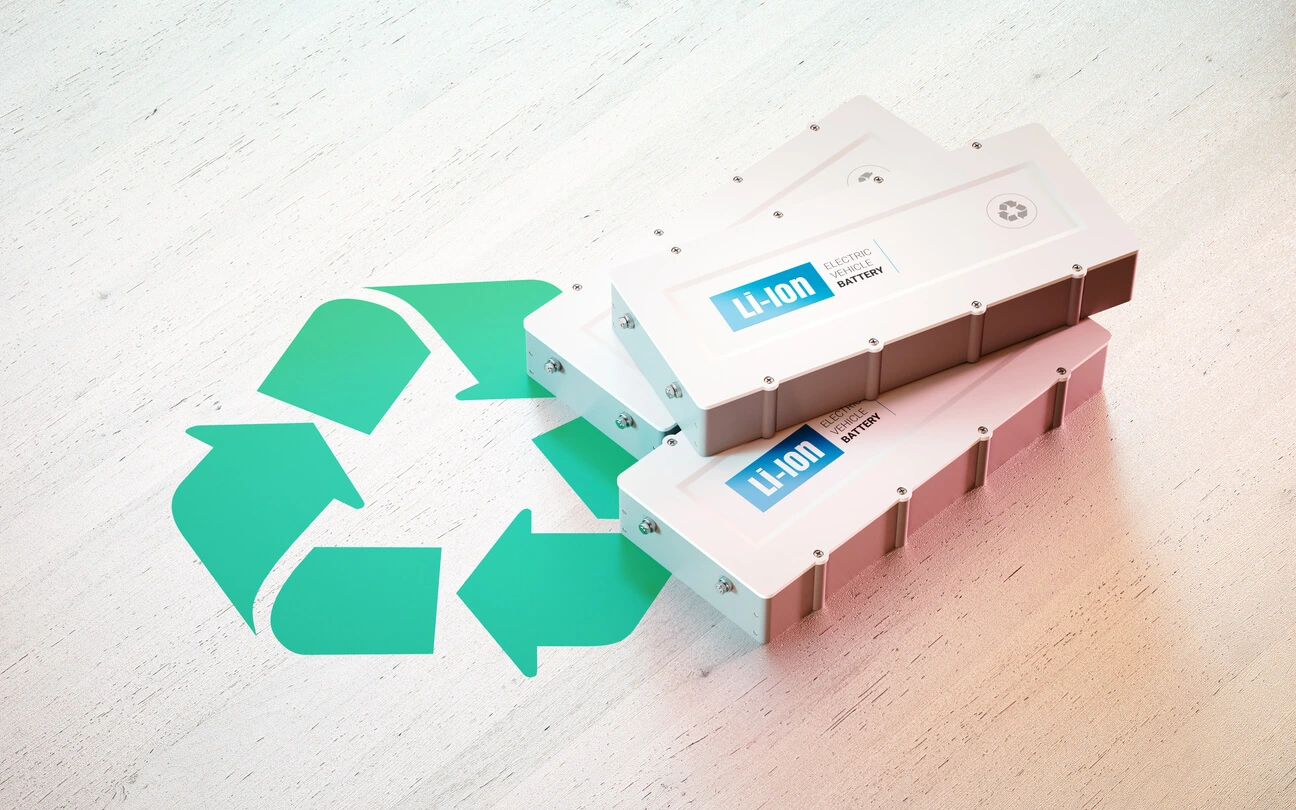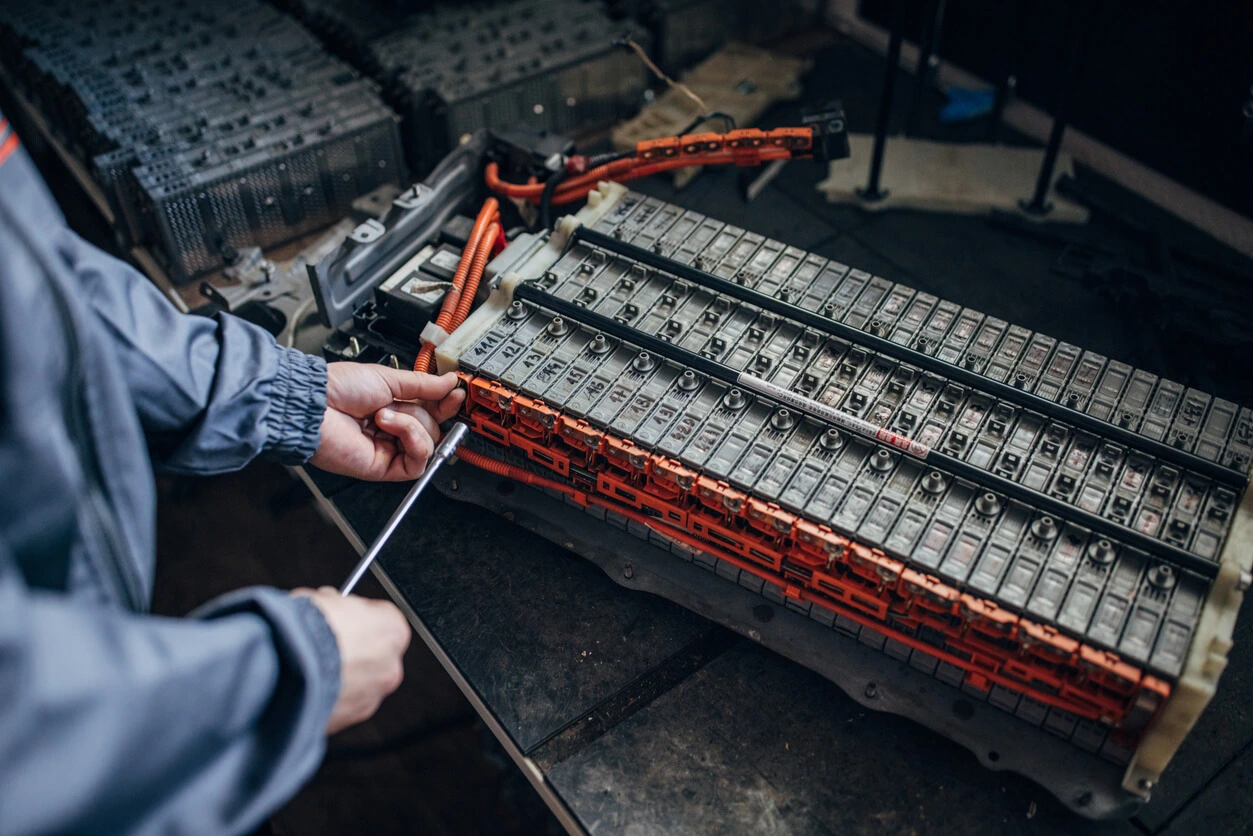Battery asset retirement works like a reverse supply chain, and getting it right is very challenging, due to the myriad of regulations governing waste transport and disposal. When the time comes for industrial battery recycling or reuse, many decisions must be made.
Typically, end-of-life battery management tasks are executed by different parties, resulting in a disorganized and interrupted workflow. This process and following the required regulations often leave battery asset owners confused about the best solution for end-of-life industrial batteries. Regardless of the type of battery used in your energy storage system or electric car fleet, all industrial batteries eventually reach their end-of-life, and decisions must be made regarding battery recycling or repurposing.
In addition to having in-depth knowledge and extensive experience managing reuse and recycling multiple battery chemistries and form factors, Renewance is a specialist in decommissioning full Battery Energy Storage systems, including fire damaged systems. We have executed a wide variety of BESS decommissioning projects and battery recycling and reuse projects, including damaged batteries and cross-border shipments.

